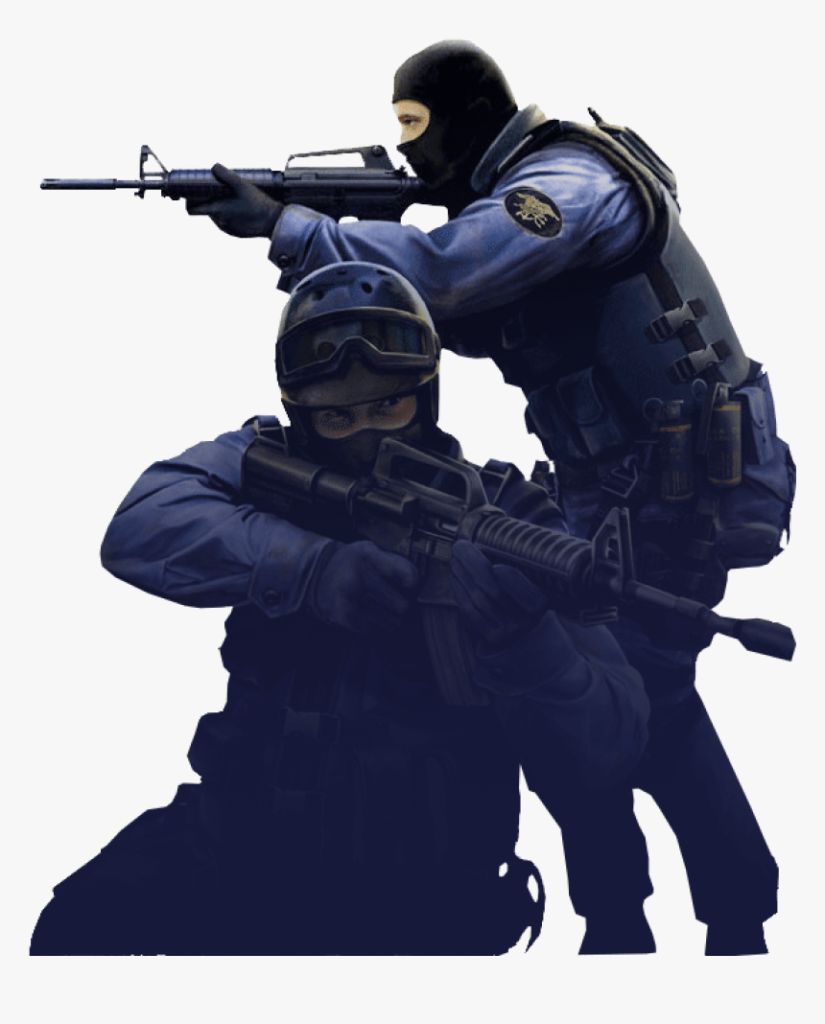CSGO’s latest update has introduced several changes aimed at improving matchmaking, a long-standing concern for many players. The update has made adjustments to the game’s ranking system, as well as changes to the way skill groups are determined. In theory, these changes are designed to create a more balanced and competitive experience for players of all skill levels. However, despite the developers’ best efforts, there remains a strong sense of skepticism among the player base about the effectiveness of these updates. One of the primary changes in the update is the introduction of new matchmaking algorithms, which are intended to provide more accurate and consistent player placements. Previously, players often felt frustrated by mismatched games, where a highly skilled player would be paired with beginners or vice versa. This often led to one-sided matches, which detracted from the overall enjoyment of the game. The new system seeks to address this by using a wider range of factors, including performance metrics and individual player behavior, to determine the appropriate skill group.

In theory, this should lead to more evenly matched games, making every match feel like a more engaging challenge. Additionally, Valve has made some adjustments to the way that players can climb the ranks with CSGO. For instance, players now have to show consistent performance over several games rather than just one or two high-scoring matches to move up. This change was made to counteract the frustrations that arose from players being promoted or demoted based on a single game’s outcome. By focusing on overall consistency, Valve aims to encourage more reliable gameplay and reduce the sense of rank inflation that many players felt was prevalent in the past. Despite these promising changes, many players are still not convinced that the new matchmaking system will lead to significant improvements. One of the main concerns voiced by the community is the persistence of the so-called smurfing problem, where highly skilled players deliberately create low-level accounts to dominate inexperienced players.
While Valve has stated that they are taking steps to combat smurfing, many players feel that these efforts are insufficient. The presence of smurfs can still make the matchmaking experience frustrating, as new players or lower-ranked players often face opponents who are far more experienced and skilled. Another common complaint is that the new ranking system does not fully account for the variability in player performance across different game modes. This narrow focus means that some players may feel their ranks do not truly represent their skill level, especially if they are better in non-competitive matches. Furthermore, while Valve has introduced features like improved reporting and behavior tracking to discourage toxic play, some players argue that the system is still not stringent enough to effectively deal with cheaters and toxic behavior. The presence of cheaters continues to be a significant issue in the CSGO community, and although there have been improvements to anti-cheat measures, many feel that they are not enough to fully eradicate the problem.
